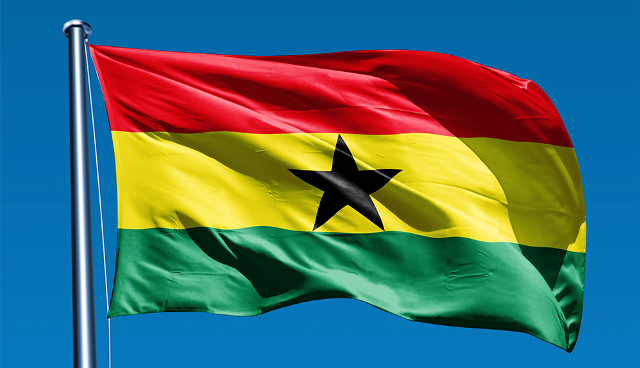Ghana Eurobonds Exit Default as New Bonds Issued to Investors
The country issued the notes on Wednesday, Barclays Plc said in a note to clients. Ghana’s Finance Ministry didn’t respond to a request for comment.
- Advertisement -
Ghana issued new bonds to investors in exchange for existing ones, concluding a lengthy restructuring process aimed at making its loans more sustainable under an International Monetary Fund program.
The country issued the notes on Wednesday, Barclays Plc said in a note to clients. Ghana’s Finance Ministry didn’t respond to a request for comment.
- Advertisement -
Investors received new instruments worth $9.4 billion in return for their old bonds as part of a deal that presents holders with the choice between two alternatives: so-called DISCO or PAR options, the government said earlier this week.
- Advertisement -
Those who opted for DISCO agreed a 37% reduction in value — or so-called haircut — and received two new eurobonds maturing in 2029 and 2035 that pay 5% from this year through July 2028, increasing to 6% thereafter. Those who accepted PAR received a 1.5% security due 2037, without a haircut.
All investors also got a zero-coupon bond due 2030 as payment for interest defaulted on between December 2022 to the end of 2023, and another zero-coupon security maturing in 2026 as a down-payment by the Ghanaian government.
- Advertisement -
“Yield ranges of the new curve seem broadly fair to us against a mixed fundamental outlook,” Barclays said. The country’s new securities maturing in 2029 and in the 2030s occupy an “attractive spot” in the sub-Saharan Africa CCC/B-rated bond universe, and should attract investors seeking shorter-dated carry, the London-based lender said.
Ghana unilaterally suspended payments on most of its external debt almost two years ago and kicked off a debt-overhaul process to qualify for a $3 billion IMF program. The West African nation has reorganized $13 billion of eurobonds, $5.1 billion of bilateral loans and 203.4 billion cedis ($12.8 billion) of domestic debt since embarking on the exercise.
The West African nation’s deal has been hailed as one of the quickest under the Group of 20’s Common Framework, which works on the principle of comparability of treatment between sovereign lenders and bond investors. It took Zambia nearly four years to issue two series of restructured notes to investors
Source:norvanreports.com
- Advertisement -


